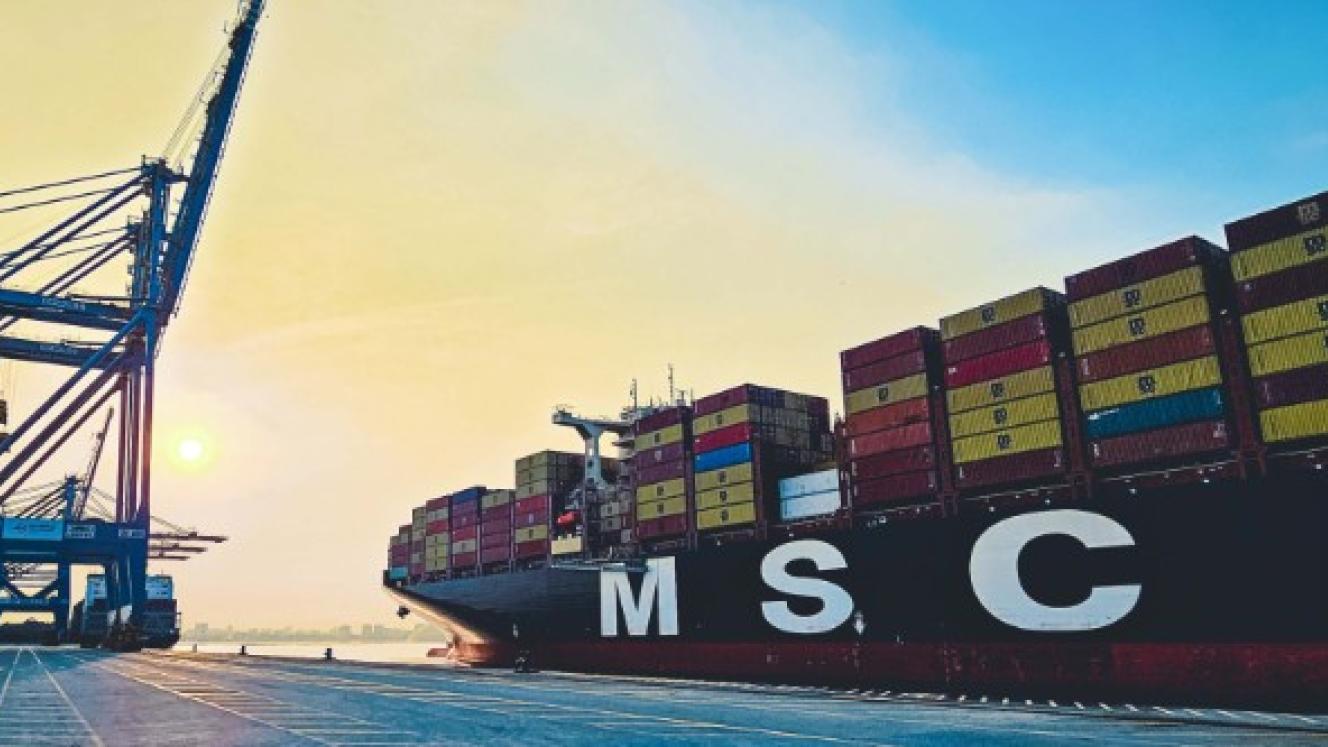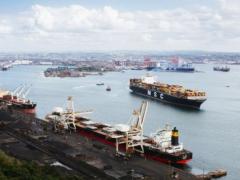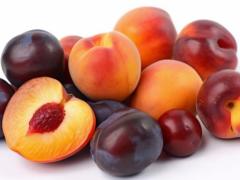Mediterranean Shipping Company (MSC) is maintaining the status quo regarding direct sailings from local ports to the East Coast of the United States, despite the potential trade implications of 30% tariff increases on South African exports.
Meanwhile, nothing has changed for the cancelled American Express (Amex) service offered by Maersk, which from October 1 will tranship South African exports to the US via West European ports like Algeciras (Spain), Rotterdam (Netherlands), Antwerp (Belgium) and London Gateway.
Earlier this year, exporters expressed concern about the cancellation of the Amex service, which used to be part of a vessel-sharing (VS) arrangement called 2M, run by Maersk and MSC.
But the termination of the VS between the two lines and the subsequent formation of the Gemini Cooperation alliance between Maersk and Hapag-Lloyd created a lot of uncertainty among exporters about direct sailings to the US.
In May, Terry Gale, shipping custodian of Exporters Western Cape, said the uncertainty of direct sailings beyond the end of September had created a lot of additional stress in the market for exporters who had for years benefited from the Amex service.
He pointed out that transhipping via European ports that had become notorious for congestion, especially because of lines avoiding the Suez Canal and Red Sea risk by sailing around the Cape of Good Hope, would add extensive delays to South Africa's exports heading to the US.
However, MSC assuaged exporters’ fears when it announced – also in May – that it would continue with direct sailings from South Africa to the following US East Coast ports – New York, Baltimore, Norfolk, Charleston and Freeport.
At the time, Ferdinando Cibelli, senior vice-president for MSC’s North American services, said: “We want to reassure South African freight forwarders that MSC is committed to maintaining a robust connection on this vital trade lane.
“MSC will continue to operate a dedicated, standalone service from South Africa to the USA.”
He said to meet demand and ensure available capacity, an additional four vessels would be introduced into the weekly rotation system, bringing full liner availability to eight vessels for MSC’s direct SA-US service.
Given the current situation regarding US tariffs and the possibility of duties spiking to 30% from the current baseline of 10% on August 7, MSC was asked whether its plans for a dedicated service remained in place.
The line has said it won’t comment about speculation that direct sailings are in doubt.
Gale has said on numerous occasions that the SA-US transit time of about 16-18 days is a market-winning service, especially for time-sensitive fruit.
On Monday morning, he again expressed his dismay over government’s perceived inaction and lack of urgency about the “Trump tariffs”, which some sources within the Government of National Unity (GNU) have said is not the case.
Describing the tariff imbroglio as “a quagmire, not of our making”, he said it was disappointing how the Presidency was handling the tariff impasse.
“As has been reported by the Presidency, a task force will be set up to assist our manufacturers and exporters who have now lost market share, with the resultant job losses, thanks to the ineptitude of the GNU to act timeously and decisively.”













